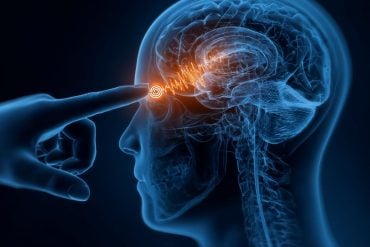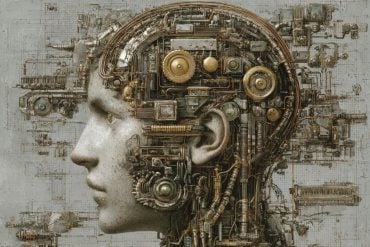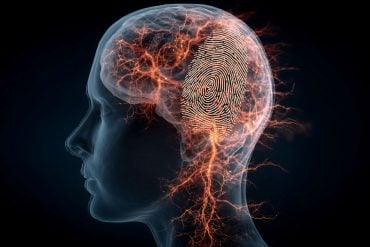Summary: A new study reveals that strong family relationships and parental engagement are linked to longer, healthier sleep in children aged 9 to 11. Eating dinner together, planning the next day, and participating in community activities were among the habits most associated with sufficient sleep duration.
In contrast, children with more screen-based interactions or family conflict tended to sleep less. These findings highlight social connectedness as a promising target for improving sleep health and overall well-being in children.
Key Facts:
- Family Bonding Promotes Sleep: Children who ate dinner with family or discussed plans with parents slept longer.
- Tech and Conflict Shorten Sleep: High use of tech-based connections and family conflict predicted shorter sleep.
- Target for Intervention: Social connectedness could serve as a key focus for pediatric sleep health programs.
Source: AASM
A new study to be presented at the SLEEP 2025 annual meeting found that strong family relationships and high parental engagement are among the aspects of social connectedness that are associated with sufficient sleep duration in pre-teen children.
Results show that eating dinner with family and participating in neighborhood activities were predictive of a longer sleep duration, while family conflict, household distancing, and longer time spent on technology-mediated connections were predictive of shorter sleep.
When analyzed in clusters of social connectedness, the highest rates of sufficient sleep were in clusters characterized by high parental engagement (50.85%), such as eating together (47.57%) and discussing plans for the following day (47.52%).
In contrast, the lowest rates of sufficient sleep were in clusters characterized by high technology-mediated relationships (40.39%) or by poor family/friend relationships and little parental engagement (42.07%).
Results were adjusted for potential confounders including sex, age, race, and household income.
“It was surprising to find that multiple social connectedness variables were predictors of sufficient sleep duration,” said lead author Marie Gombert-Labedens, who has a doctorate in circadian rhythms and childhood obesity and is a postdoctoral researcher at SRI International in Menlo Park, California.
According to the American Academy of Sleep Medicine, sleep is essential to health. The AASM recommends that children 6 to 12 years of age should sleep 9 to 12 hours on a regular basis to promote optimal health.
The researchers analyzed data from 4,996 children between the ages of 8.9 and 11 years; 48% were female, and 62.5% were white. Participants completed at least two surveys in May and August 2020. Sleep duration was collected from caregiver reports.
According to Gombert-Labedens, the study suggests that social connectedness is a potential target for interventions to improve sleep in children.
“These results support the importance of social networks in sleep health and may inform future campaigns, ultimately helping to improve the health and well-being of children,” she said.
Funding: This study was supported by a grant from the National Institute of Mental Health within the National Institutes of Health.
About this sleep and neurodevelopment research news
Author: Hannah Miller
Source: AASM
Contact: Hannah Miller – AASM
Image: The image is credited to Neuroscience News
Original Research: The findings will be presented at SLEEP 2025







